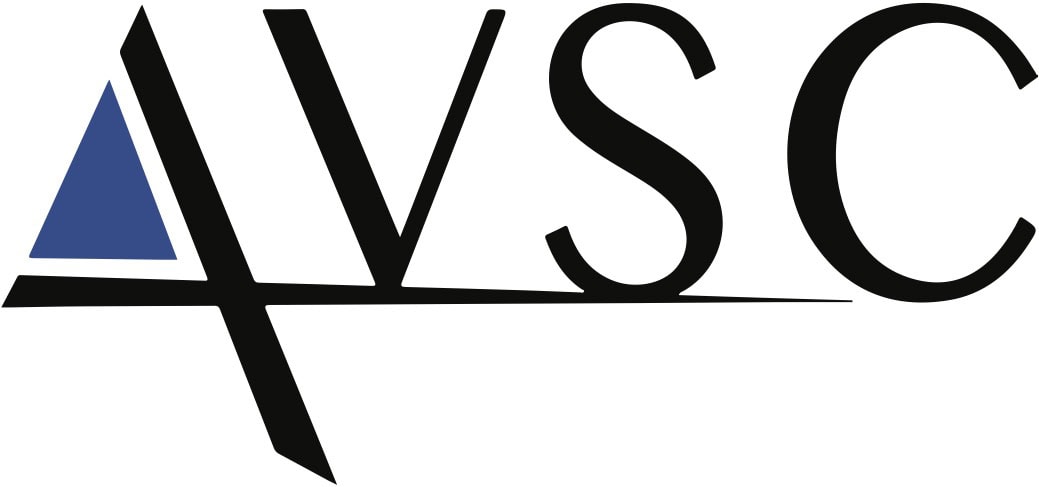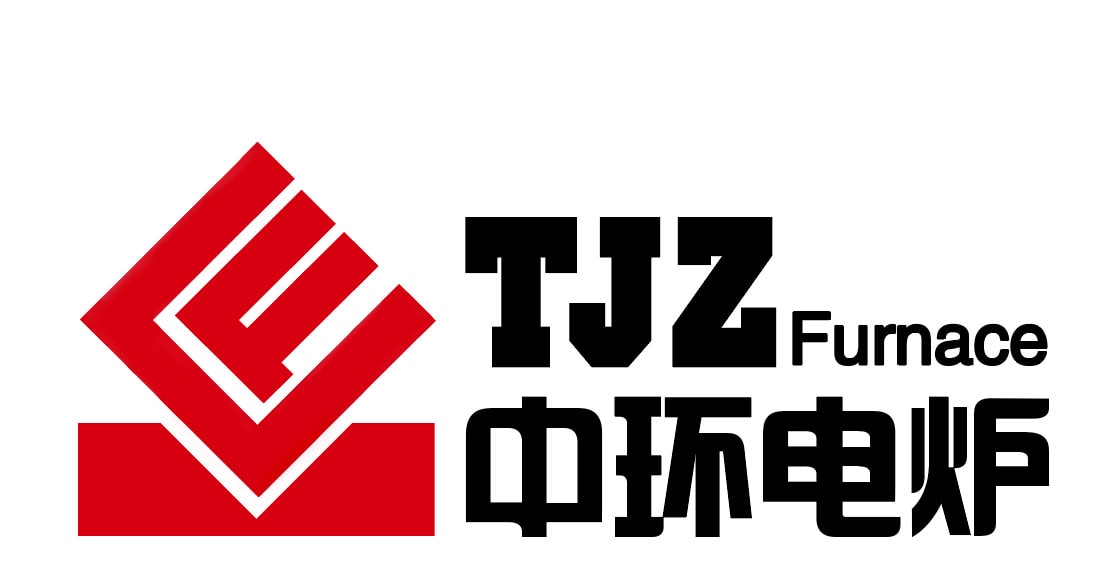SYMPOSIUM 9: Porous Ceramics: Novel Developments and Applications
Porous materials are essential components in many applications including, but not limited to, thermal insulation, catalysts, catalyst supports, filters, adsorbers, sensors, and lightweight components. This symposium aims to bring together the scientific community to share recent advances in the formation, characterization, properties, and modeling of porous ceramic, carbon, glass, and glass-ceramic components for diverse applications. These materials contain pore sizes from nanometers to millimeters, can have textured to random or hierarchical porosity, and are based on various pore architectures such as foams, honeycombs, fiber networks, and bio-inspired structures. They can be produced using a variety of fabrication approaches, from direct foaming to replication of a porous scaffold, from the use of sacrificial fillers to additive manufacturing. Because of these properties, porous materials are widely used in environmental, energy, biomedical, and other advanced applications. This symposium will be the ideal showcase for the research activities of the many groups involved in the development and use of porous materials, including but not limited to ceramics, chemistry, mechanics, fluid dynamics, modeling and simulation, and applications engineering.
Proposed Session Topics
- Innovations in processing methods & synthesis of porous ceramics
- Structure and properties (mechanical, thermal, etc.) of porous ceramics
- Novel characterization tools and software for porous structures
- Computational techniques, machine learning (ML) and artificial intelligence (AI) for porous ceramics
- Hierarchical, micro-porous, and meso-porous ceramics and gas separation ceramic membranes
- Engineered porous architectures enabled by additive manufacturing technologies
- Porous ceramics for environmental, energy, biomedical and functional applications
Symposium Organizers
- Tobias Fey, Friedrich-Alexander University of Erlangen-Nürnberg, Germany
- Manabu Fukushima, National Institute of Advanced Industrial Science and Technology (AIST), Japan
- Paolo Colombo, University of Padova, Italy
- Samuel Bernard, Institute of Research for Ceramics-CNRS, France
- Jian-feng Yang, Xi’an Jiaotong University, China
- NV Ravikumar, Indian Institute of Technology, Madras, India
- Eliandra de Sousa Triches, Federal University of São Paulo, Brazil
- Gisele Lecomte-Nana, University of Limoges, France
Points of Contact
- Tobias Fey: fey@fau.de
- Manabu Fukushima: manabu-fukushima@aist.go.jp
- Paolo Colombo: paolo.colombo@unipd.it










